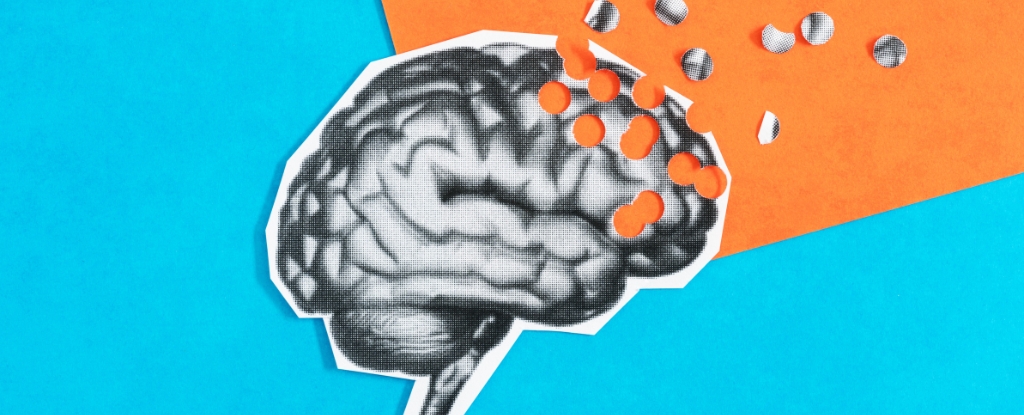Alzheimer’s disease (AD) is on track to become one of the defining public health challenges of our time. Every three seconds, somewhere in the world, someone is diagnosed with dementia, and it’s usually Alzheimer’s disease. These 14 modifiable risk factors encompass: traumatic brain injury, hypertension, depression, diabetes, smoking, obesity, high cholesterol levels, low physical activity levels, too much alcohol consumption, too little education, vision loss, hearing loss, social isolation, and air pollution. While this comprehensive list is rooted soundly in science, it’s not easy for members of the general public to monitor and manage 14 separate health targets – especially when prevention efforts need to start decades before symptoms appear. This is a problem that needs addressing. Tackling this problem requires a prevention model that is simple and memorable – something the public can easily embrace, understand, and follow. Sleep is a foundational element of SHIELD. Maintaining healthy sleep habits is a key protective factor against dementia. Adequate sleep supports brain function, memory, mood, and learning. Insufficient (less than five hours per night) or poor-quality sleep (frequent awakenings), especially in midlife, increases the risk of cognitive decline and dementia. Chronic poor sleep leads to a build-up in the brain of amyloid-beta protein, which is implicated in the development of AD. Poor sleep also increases the likelihood of obesity, high blood pressure, and depression, all risk factors for AD. If you’re currently sleeping four to five hours per night, consider changing this habit to avoid increasing your risk for developing dementia in later life. Sleep is a vital tool for brain protection and AD prevention. Learning, both in and out of school, remains one of the strongest protective factors against dementia. Lower educational levels, such as not finishing secondary school, are linked to a significantly increased risk for dementia. Learning contributes to the brain’s “cognitive reserve,” which is the brain’s ability to function well despite damage or disease. Individuals with AD maintained better mental function if they had continued learning throughout life. Public health messaging should promote life-long learning in all forms – from reading and language learning to engaging hobbies that keep the brain active. It’s never too early (or too late) to learn another language or to challenge your brain. Boosting your cognitive reserve boosts your brain against AD.
Thank you for reading this post, don't forget to subscribe!



